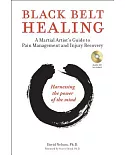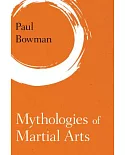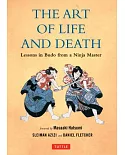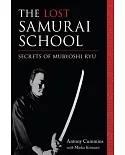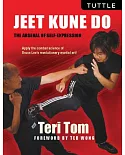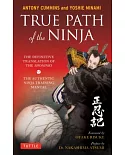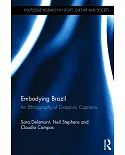A guide to the seemingly effortless yet explosively powerful martial art techniques of Fa Jin
• Explains how to collect energy within and discharge it for self-defense as well as healing
• Explores how to counter the natural instinct to resist force with force and develop yielding softness through the 13 Original Movements of Tai Chi
• Illustrates routines for the partner practice of “Push Hands” (Tui Shou)
Fa Jin, an advanced yang style of Tai Chi, complements the physical, mental, and spiritual conditioning available through solo Tai Chi practice and the internal martial arts of Taoism. Fa Jin
enables adepts to harness the energy of yin, yang, and the earth in the lower tan tien and discharge it as an extremely close-range yet explosively powerful blow in self-defense and partner
practice as well as in healing techniques.
Integrating the teachings of many Taoist masters, including Chang San-Feng, the creator of Tai Chi; Wang Tsung-Yueh, the legendary 19th-century master; Bruce Lee, the actor and martial artist
who made the “one-inch punch” technique famous; and the Magus of Java, a living master able to discharge energy in the form of electric shocks, this book explores the history, philosophy,
internal exercises, and physical practices of Fa Jin. Drawing on Iron Shirt Chi Kung and Tan Tien Chi Kung techniques, Master Mantak Chia and Andrew Jan reveal the secrets to collecting yin and
yang in the lower tan tien and discharging the energy in a seemingly effortless yet explosive blow. Illustrating several routines of the Tai Chi partner practice of “Push Hands” (Tui Shou),
they explain how to apply Fa Jin techniques by “listening” to your opponent’s intentions and countering the natural instinct to resist force with force through yielding softness and
redirection. The authors also detail how to prepare for this advanced practice through stretching, meditation, breathing, relaxation, and energetic exercises as well as the Eight Gates and the
Five Steps, known collectively as the Thirteen Original Movements of Tai Chi.





